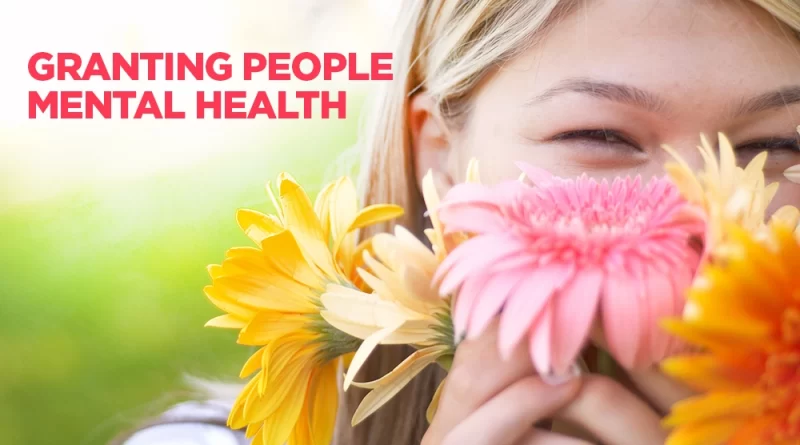May is Mental Health Awareness Month! And We Have Just the Grants to Celebrate
Mental Health is not something that should be ignored or taken lightly. Being proactive and pursuing different treatment options for any mental health issues one might be facing is crucial to living a happy and healthy life. Every year, the world is reminded of how important mental health is when May rolls around marking Mental Health Awareness Month.
Millions of Americans, and people around the world struggle with issues related to their mental health. That’s why the National Alliance on Mental Illness uses this time to provide support and education on the topic of mental health. It’s also an important time to talk about the work that is still remaining to help those who are struggling and make the world a more inclusive place.
In honor of the month, GrantWatch is sharing six of the top mental health grants available to help fund mental health programming.
The Importance of Mental Health Awareness
Before anything else, we need to talk about why this movement is so critical. Some of the facts surrounding mental health might surprise the general reader. The fact is, in the United States, one in five adults experience mental illness every year. In addition, one in 20 adults experiences serious mental illness each year. Among youth ages 6-17, 17 percent say they have experienced some type of mental health issues each year.
- Suicide is the second leading cause of death among people aged 10-37.
- In the United States, the most common mental health issue is Anxiety disorders, impacting 19% of the adult population each year.
- Mental health service provider outages are common in significant parts of the United States, even in large metropolitan areas.
Ways to Join in on Mental Health Awareness Month
So, recognizing the importance of this time, what can you do to best join in on Mental Health Awareness Month? Well, there are lots of ways to help in terms of education, awareness, sharing resources, and more.
Firstly, you can utilize social media to spread awareness of the importance of advocating for better treatment access and education. Discuss the issues facing those struggling with their mental health to destigmatize the topic.
Another thing you can do is share resources that can help. Some of these resources could include the number for the SAMHSA’s National Helpline. This is a free 24/7 confidential hotline treatment referral and information service for individuals and families. There are also resources that are state-based, like this list of resources in the state of Florida. There’s a list of Youtube videos of clinicians answering questions on the Anxiety and Depression Association of America Youtube channel. There’s also a list of support groups offered through the ADAA, with both online and in-person options.
Finally, get involved on a community level. If there are groups in your area that help those struggling, consider volunteering your time. Crowdfund to help raise money for an organization or even just help to advocate for better policies in your area. There’s still so much left to do to improve the lives of people struggling with mental health.
Grants for Mental Health Initiatives
- Firstly, there are grants to nonprofit organizations to implement mental health programming to benefit youth.
- Grants of up to $5,000 are available for U.S. medical schools for projects on substance abuse and mental health disorders. Funding is to support community programs initiated and led by medical students with a particular focus on disadvantaged minority populations.
- There are also grants to IHEs and state, local, and tribal governments for programs to improve the response of law officers when they come into contact with individuals with mental illness.
- Funding of up to $30,000 is available to nonprofits, schools, and agencies for research, programs, and services related to improving mental health. Funding is for innovative activities and projects that promote the science of interpersonal relationships.
- In addition, there is funding available to public and private schools, LEAs, and charter school management companies to create mental health programs. Funding is to ensure children receive mental health services during and after the Coronavirus (COVID-19) pandemic. The funding will support the placement of licensed mental health professionals (referred to as Transitional Coaches) on school campuses.
- Additionally, grants are open to U.S. gymnasts to support mental healthcare services. Current or former gymnasts who are members of a national association and who experienced abuse within the sport of gymnastics will be connected with experienced counselors for appropriate treatment.
GrantNews Notes
Looking for more grants like this? GrantWatch has an entire category specifically for Mental Health grants. This category includes more than 400 grants for nonprofits, organizations, clinicians, researchers, and other professionals operating in the mental health field.
Also, make sure to sign up for a paid subscription to GrantWatch. By doing so, you and your organization can receive access to more than 8,000 grants for nonprofits, small businesses, and individuals. This includes full eligibility criteria, contact information for grant funders, and application links.

